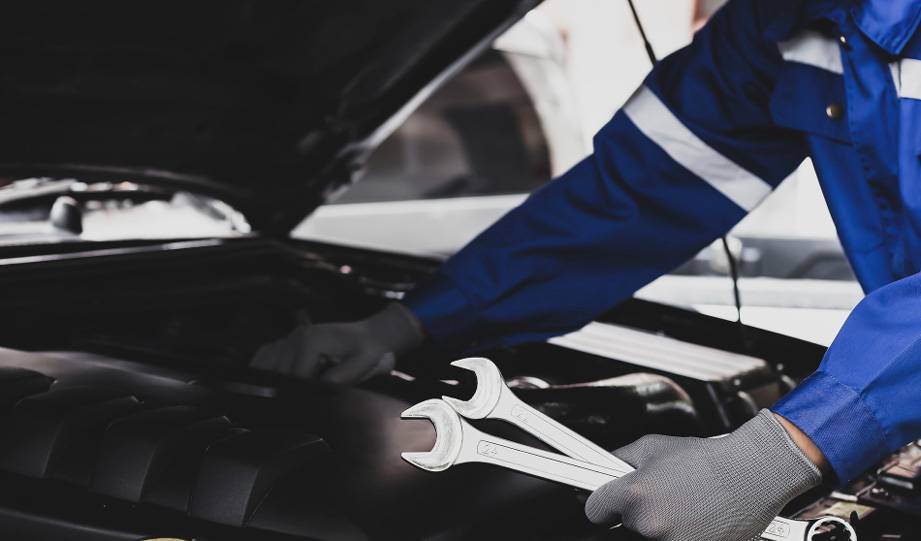World‘s largest electric vehicle battery makers agree that cobalt has to go. This rare but also toxic blue mineral that used to be an essence of lithium-ion batteries will gradually disappear in future electric vehicles. Panasonic, a major battery supplier to Tesla, used this year’s virtual Consumer Electronics Show (CES) to unveil its new lithium-ion cells that contain less than 5% cobalt.
According to Observer, the Japanese company plans to reduce this percentage to zero in the next two to three years.This might prove challenging from a manufacturing perspective, but definitely worth the economic and environmental reasons.
“Batteries typically account for 30 percent to 40 percent of an electric vehicle’s cost, and cobalt is one of the most expensive raw materials in the production process. By doing away with cobalt, EV-makers will be able to lower the cost and price of electric cars by up to a third.”
These Panasonic batteries will power the next generation of Tesla cars, as the EV maker develops its own cobalt-free technology.General Motors also used the opportunity to show off its new Ultimum battery concept developed with LG.Ultimum has a modular battery cell structure and uses 70 percent less cobalt by swapping the element with aluminum.The Ultimum batteries will power 20 new GM models including the much-anticipated GMC Hummer EV and Cadillac Lyriq.


